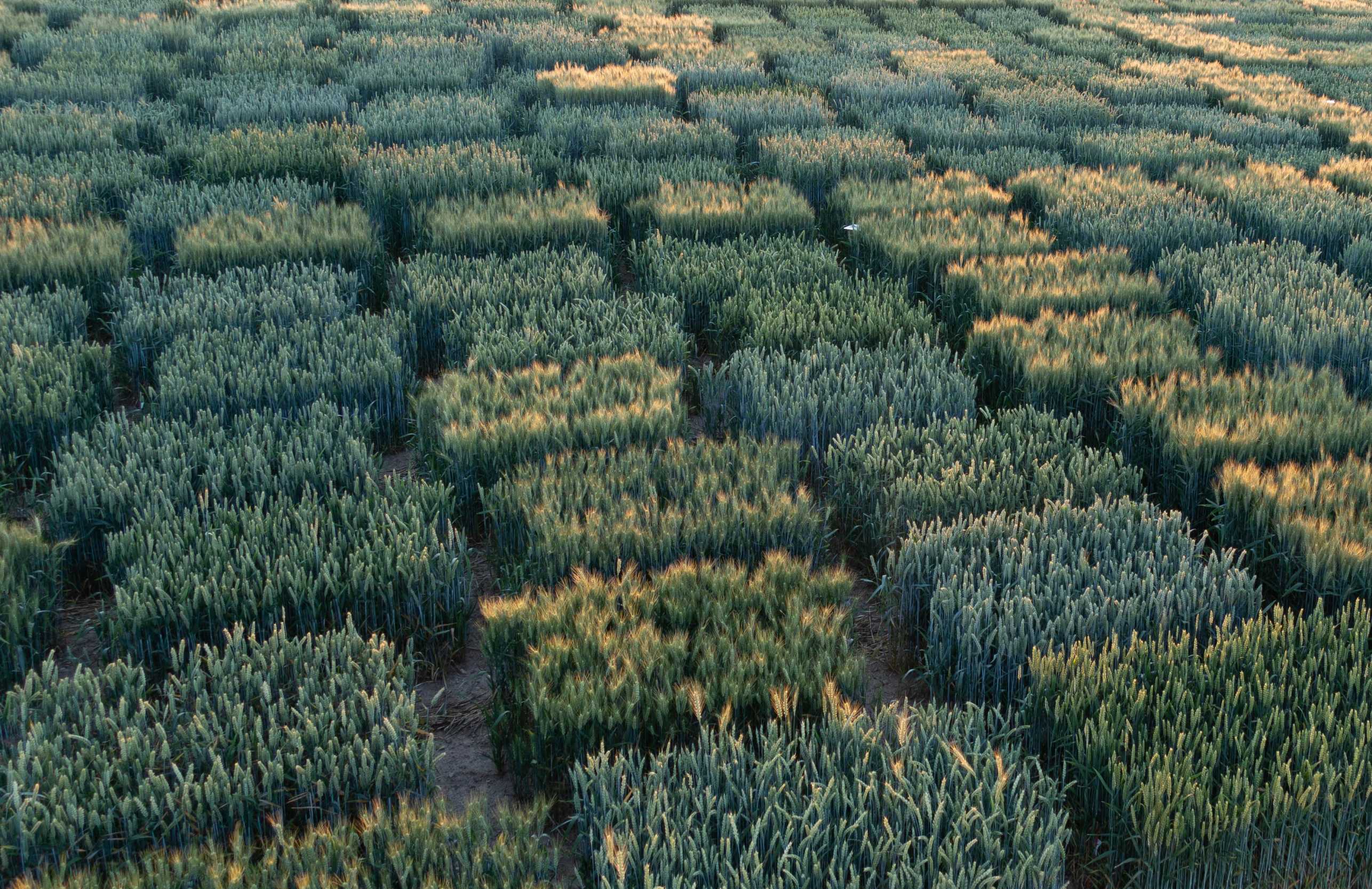Current Challenges in Plant Breeding
Current Challenges in Plant Breeding (CCPB) brings together students with (inter)-national experts as well as multiple stakeholders in plant breeding to discuss a topic of interest.
During the scientific preparation of this topic (in small teams, guided by a tutor) and for the following input talk in a public seminar, the students acquire content/method-specific expertise as well as social and personal competencies.
The students actively shape a science-based dialog within the breeding community and the public, to improve the understanding, acceptance and adoption of state-of-the-art methods in plant breeding.
Keywords
Course description
Project description
Science-informed decision making is more than ever needed to tackle multiple societal challenges. Similar as to the currently ongoing debate on climate change, novel methods and technologies to genetically adapt crop plants to future climates, more sustainable production systems and changing consumer demands are barely understood by the public and hence often controversially discussed. In order to improve the dialog between science and the public, and to facilitate efficient knowledge transfer of new methods and technology to the plant breeding community, CCPB was implemented in a joint effort of the Crop Science and Molecular Plant Breeding group at ETH Zurich.
In line with newest concepts of stakeholder engagement, we have implemented a teaching format involving leading scientists, practical plant breeders, multiple stakeholders in breeding, the public and the students in Agricultural Sciences in a participatory approach: Interesting topics related to plant breeding will be selected in close collaboration with the working group for plant breeding of the Swiss Society of Agronomy (SSA).
In the autumn semester, the CCPB participating students are meeting with the lecturers as well as four to six tutors, selected according to their expertise in the selected topic (one afternoon, for about two hours). After an input talk by the lecturers, four to six specific questions/aspects are identified and phrased. The tutors and the enrolled students, assigned to four to six different groups, are critically evaluating one question/aspect of the selected topic. The students, guided by tutors, then prepare a presentation of 15 minutes (plus five minutes of discussion) covering their specific question/aspect.
After a preparation phase of around two months (including around 4-6 meetings within the group and the tutors), a whole-day seminar on the selected topic is organized. The presentations of the students are complemented with keynote talks from national and international experts, to discuss and critically evaluate the selected topic/area.
The seminar is public and serves as the annual meeting of the working group for plant breeding of the SSA, bringing together the experts in plant breeding. During the reception after the seminar, the seminar participants connect and interact with each other.
The course is designed for a maximum of 15 Master students and ten doctoral students (advertised and recruited via the Zurich-Basel Plant Science Center). For full and active participation, a total of two credit/ECTS points are provided.
The educational objectives cover both content- and method-specific expertise as well as social and personal competencies:
Content- and method-specific expertise:
- Deepening of scientific knowledge in plant breeding
- Critical evaluation of current challenges and new concepts in plant breeding
- Promotion of collaboration and Master thesis projects with practical plant breeders
Social and personal competencies:
- Independent literature research to get familiar with the selected topic
- Critical evaluation and consolidation of the acquired knowledge in an interdisciplinary team
- Establishment of a scientific presentation in an interdisciplinary team
- Presentation and discussion of the teamwork outcome
- Establishing contacts and strengthening the network to national and international plant breeders and scientist
The public seminar as the annual highlight of the course CCPB is receiving considerable attention in the Swiss and international plant breeding community and was, for the first three editions, fully booked (60+ participants).


